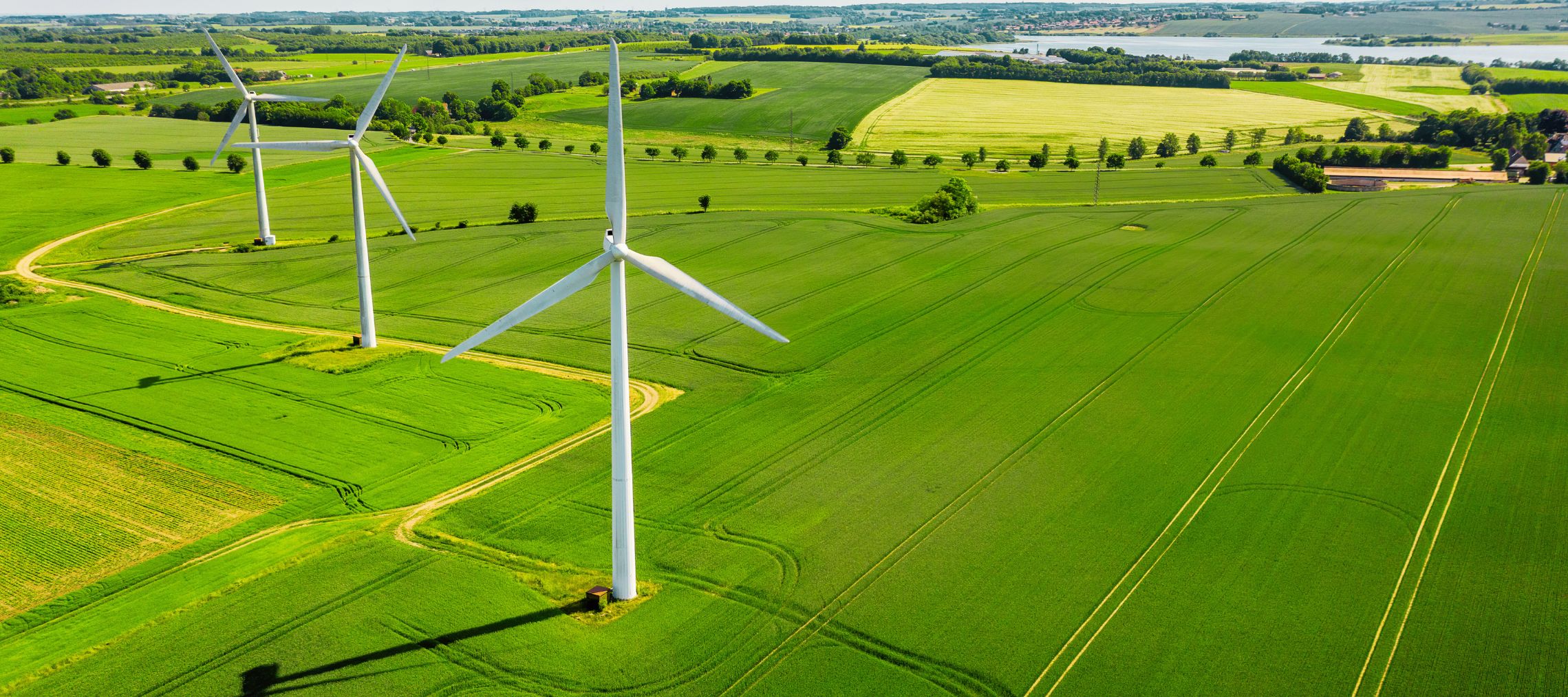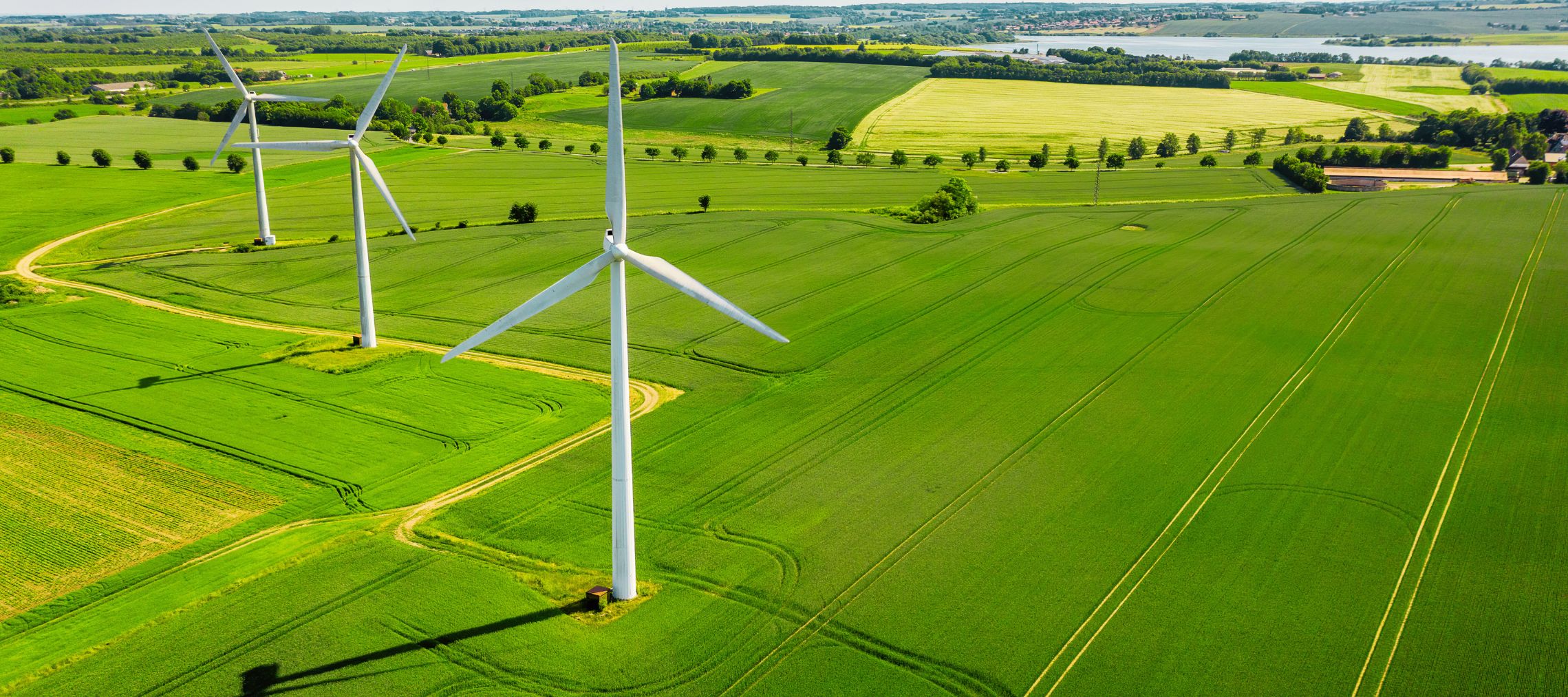Energy storage plays a significant role in effectively harnessing renewable energy, which is crucial for ensuring environmental sustainability. Energy storage solutions can help achieve India's net-zero targets by catering to intermittency and seasonality associated with high renewable energy penetration and promoting emission-free transport. Our work involves battery modelling in off-grid systems, development of pumped hydro-energy storage (PHES) pricing mechanisms, and the sizing and placement of energy storage for state transmission networks. We are keen to explore the storage needs for large-scale renewable energy adoption, behind-the-meter storage requirements, flow-battery and techno-economic assessment, co-located storage feasibility, and emerging battery chemistries.


Sodium-ion batteries: A sustainable answer to India’s energy storage challenge
While lithium-ion batteries (LIBs) dominate the current landscape of battery energy storage systems (BESSs), they have significant safety issues, as evident from the increasing number of LIB-related fire incidents in countries across the world, including India. Further, critical minerals used in LIB electrodes are geographically concentrated, leading to supply chain vulnerabilities.
Economic and Emissions Analysis of Behind-The-Metre Energy Storage with Rooftop Solar: A Case Study for Indian Residential Consumers
The global carbon dioxide emissions from fossil fuels continue to rise, driven by rising energy use. Rooftop photovoltaic (RTPV) systems are an effective way to reduce emissions and, consequently, the carbon footprint for residential consumers. The use of behind-the-metre (BTM) energy storage with RTPV is a flexible and dependable method for generating electricity as it provides power to the customer even if there is an outage from the utility grid. It also reduces reliance on the utility through savings in the electricity bill and reducing CO2 emissions.
India’s Net-Zero Scenarios: Assessing the Influence of Renewable Energy Expansion on Grid Emission Factors
The future energy mix of India is poised for a transformative shift. However, the transformation is dependent on electricity demand growth, solar and wind capacity expansion, and phasing out of coal assets. This paper discusses three scenarios—BAU, pessimistic, and optimistic—for 2047 and 2070, considering technological changes in the renewable energy (RE) sector. The methodology involves computing installed capacity and energy mix using growth/decay rates and capacity utilisation/plant load factors, respectively, for different energy sources.
Analyst/Senior Analyst
The candidate must be well versed in the technical and policy aspects of energy storage and its application in the energy and power sector. She/he should meet the requirements related to deliverables and project schedule, and should coordinate and communicate effectively with internal and external teams to meet the project objectives.
Responsibilities
Effective resource planning: RA studies needed to optimise the surrender of generation capacities
The Indian power sector has witnessed substantial growth in generation capacity, with 420 GW (as of May 2024) meeting the energy needs of more than 1.4 billion people. The growth has been primarily driven by policy reforms such as the Electricity Act, 2003, and efficiency improvements. However, the Central Electricity Authority (CEA) predicted a night-time peak shortage of 14 GW in June 2024.